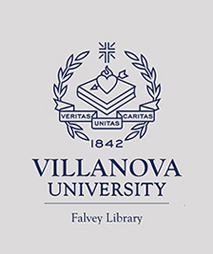How Chaos Theory Brings Order to the Evolution of Intelligence
##plugins.themes.bihistory.article.main##
Abstract
This study investigates links between human evolution, information transmission processes, and Chaos Theory, revealing a mathematical pattern underlying evolutionary milestones. By examining the timing of new methods of information transmission, the research confirms a suspected correlation with the Feigenbaum constant δ, a universal factor in Chaos Theory and also found in complex systems. This pattern is prominent in cultural evolution but also extends to biological evolution, as well as to the evolution of written language, suggesting a predictable framework for understanding the progression of complexity in life. The study incorporates findings from various disciplines, including cognitive science, archaeology, and nonlinear dynamics, providing evidence that our development, while it may be random in most aspects, is deterministic in the way complexity grows steadily and evolves information transmission of increasing sophistication. This multidisciplinary approach offers new insights into the links between chaos, complexity, and information, and their role in driving the evolution of intelligent life.
##plugins.themes.bighistory.article.details##

This work is licensed under a Creative Commons Attribution 4.0 International License.
Authors who publish with this journal agree to the following terms:- Authors retain copyright and grant the journal right of first publication with the work simultaneously licensed under a Creative Commons Attribution License that allows others to share the work with an acknowledgement of the work's authorship and initial publication in this journal.
- Authors are able to enter into separate, additional contractual arrangements for the non-exclusive distribution of the journal's published version of the work (e.g., post it to an institutional repository or publish it in a book), with an acknowledgement of its initial publication in this journal.
- Authors are permitted and encouraged to post their work online (e.g., in institutional repositories or on their website) prior to and during the submission process, as it can lead to productive exchanges, as well as earlier and greater citation of published work (See The Effect of Open Access).



